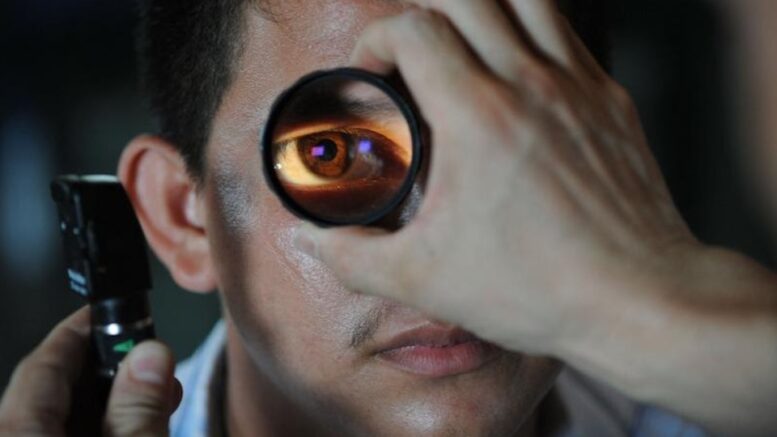An optician is a trained eye care professional who helps patients select and fit eyeglasses and contact lenses. Opticians also provide essential eye exams and vision testing. Regular eye exams are necessary to maintain good overall health and can help detect early signs of severe health conditions, such as diabetes.
Who is an Optician?
An optician is an eye care professional who helps patients select and fit eyeglasses and contact lenses. Opticians also provide essential eye exams and vision testing.
What Does an Optician Do?
An optician helps patients select suitable eyeglasses or contact lenses based on the patient’s prescription and specific needs. The optician also performs;
- Basic eye exams: An optician can perform basic eye exams and vision testing. These tests can help detect early signs of severe health conditions like diabetes.
- Fitting eyeglasses: An optician will help you select the right eyeglass frames based on your prescription, face shape, and lifestyle. The optician will also adjust the frames to fit your face correctly.
- Fitting contact lenses: An optician will help you select the correct type of contact lens based on your prescription, eye shape, and lifestyle. The optician will also teach you how to safely insert and remove the lenses.
- Refraction: Refraction is a test that measures how well the eyes focus light. The test is performed using an instrument called a phoropter, which contains a variety of lenses of different strengths. The optician will ask the patient to look through the phoropter at an eye chart and then switch between different lenses to find the one that provides the clearest vision.
There are many benefits to seeing an optician regularly, including:
1. Early detection of health problems
Opticians can detect early signs of health problems, such as diabetes, through a comprehensive eye exam. This allows for early treatment and intervention, improving the overall prognosis.
In addition, regular eye exams can also detect vision problems and ensure that you have the correct prescription for eyeglasses or contact lenses. If you want to learn more about the importance of eye exams, you can read about eye examination and its benefits in various reliable sources or consult with a specialist. Moreover, staying informed about the latest advancements in eye care and technologies can help you make informed decisions about your eye health and explore potential treatment options for specific conditions.
2. Improved vision
Regular eye exams and vision testing can help identify vision problems early on. This allows for timely treatment and correction, improving your overall quality of life.
3. Prevention of eye injuries
Eye injuries are relatively common, but they can often be prevented with the help of an optician. An optician can help you select the correct type of eyewear for your specific needs and activities.

4. Treatment of eye conditions
Opticians can treat common eye conditions, such as dry eye and allergies. This can help improve your overall eye health and comfort.
5. Improved self-esteem
Many people feel more confident and attractive when they wear glasses or contact lenses that suit their style. An optician can help you find the perfect pair of eyewear to help boost your self-esteem.
6. Discounts on eyewear
Most opticians offer discounts on eyewear, which can save you money over time. This is especially beneficial for people who need to wear glasses or contact lenses regularly.
Final Remarks
If you are looking for an eye care professional, be sure to visit local opticians in Bristol. Opticians can provide various services, including basic eye exams, vision testing, and fitting eyeglasses and contact lenses. Regular visits to an optician can help improve your overall eye health and quality of life.
